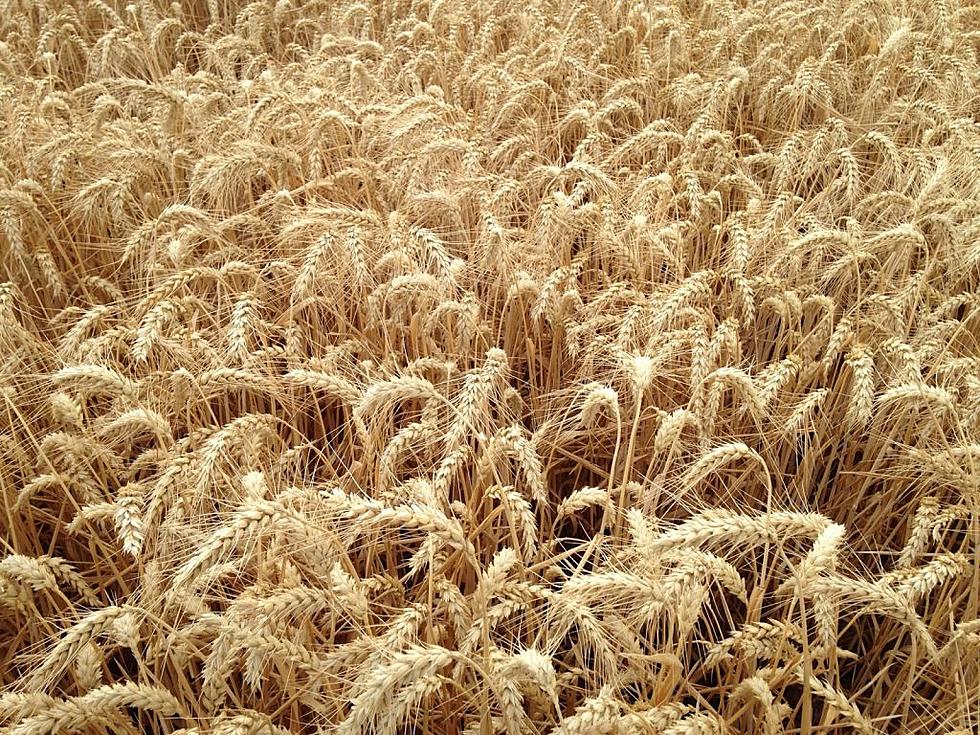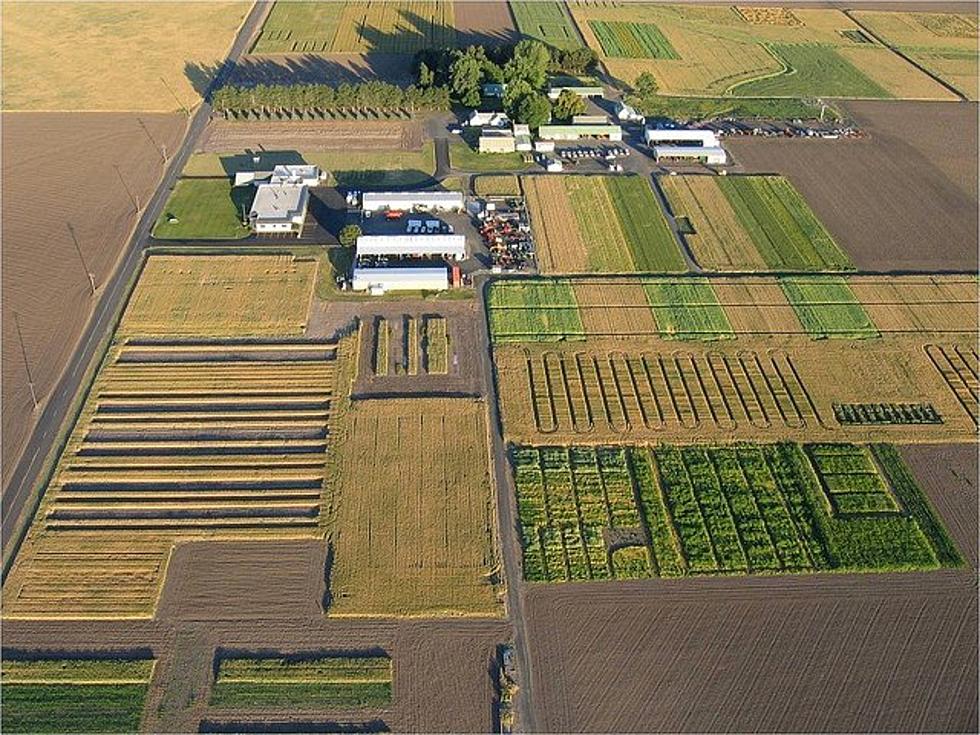
Farm Bill Simplified: Global Food Aid
The Senate Ag Committee released another helpful piece on the Farm Bill entitled "Farm Bill 101: Global Food Aid."
“Farm Bill programs provide U.S.-grown commodities and build resiliency on the ground around the world to address unprecedented levels of global food insecurity," said Chairwoman Debbie Stabenow.
Farm Bill and Global Food Aid:
- There is a global crisis of hunger that is being driven by violence, armed conflict, rising food prices, Russia’s invasion of Ukraine, and the climate crisis. As many as 783 million people around the world go hungry, and 1 in 4 children under age 5 is severely malnourished.
- The Farm Bill supports several programs that provide American-grown food and assistance to those in need, and it invests in American agriculture, which is the safest and most abundant food supply in the world.
History of Food Aid and the Farm Bill:
- Since the early 20th century, food aid has played a critical role in achieving our foreign policy and humanitarian goals. But it was the 1954 Farm Bill, The Agricultural Trade Development and Assistance Act, that laid the groundwork for the Farm Bill programs we know today.
Interesting Fact:
- The United States is the largest contributing country of food aid in the world, helping more than 3 billion people across more than 150 countries over the last 60 years.
Food Aid in Action:
- The Farm Bill supports several programs that advance humanitarian and foreign policy goals around the world. These include:
- Food for Peace, which provides U.S.-grown commodities to respond to emergency situations, as well as assistance to build resiliency on the ground to help communities withstand crises.
- McGovern Dole Food for Education, which provides U.S. commodities to support school feeding programs around the world. During its 20-year history, the program has helped more than 31 million children and families across 48 countries.
- Food for Progress, which uses U.S. commodities in foreign countries to fund local projects and build trade relationships.
- Bill Emerson Humanitarian Trust, which provides cash assistance to buy U.S. commodities to respond to emergencies if Food for Peace is depleted.
- Fellowship Programs, such as Farmer to Farmer, the Cochran Fellowship Program, or Borlaug Fellowship Program which utilize the knowledge of U.S. volunteers and research institutions to provide mentoring, training, and technical assistance to improve agriculture production, food security and local markets in developing countries.
Find Out More:
- You can learn more about how the Farm Bill supports global food security here.
- How the Farm Bill is tied in with forestry is interesting as well.
- Conservation also plays a major part, separate from the forestry title.
- Research and innovation are vital to the Farm Bill as well.
- Learn about how the Farm Bill creates market opportunities for agriculture producers.
- Agriculture in urban areas is also covered in the bill.
- Closely tied to food security, nutrition is a dominant title in the Farm Bill as well.
Source: U.S. Senate Committee on Agriculture, Nutrition, & Forestry, PNW Ag Network
10 Long-Gone Eateries Tri-Cities Washington We Wished Were Still Here
Remember these beloved restaurants at the Columbia Center Mall in Kennewick? We DO!
More From PNW Ag Network









